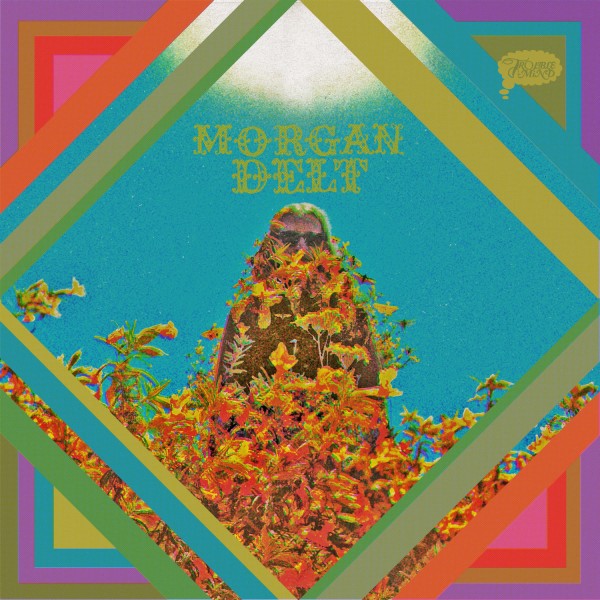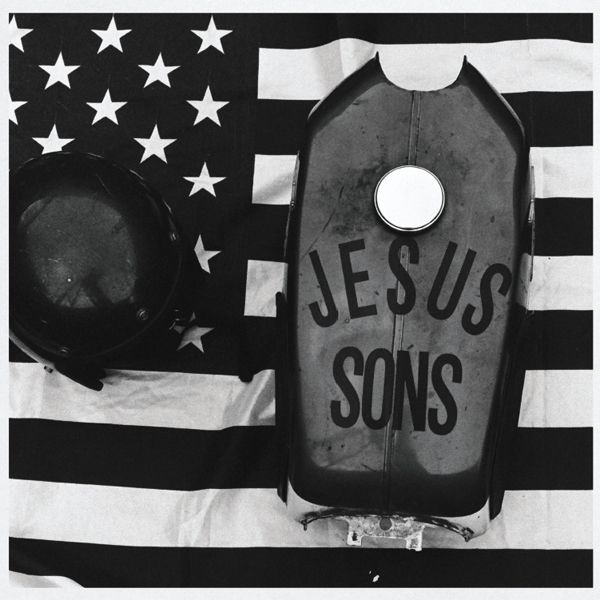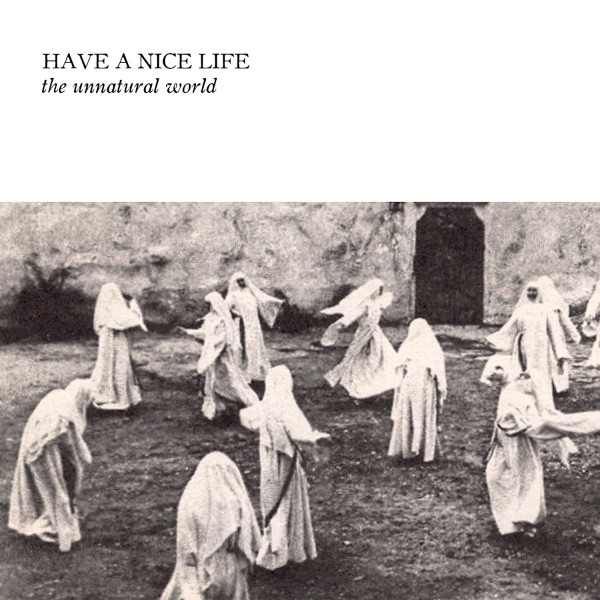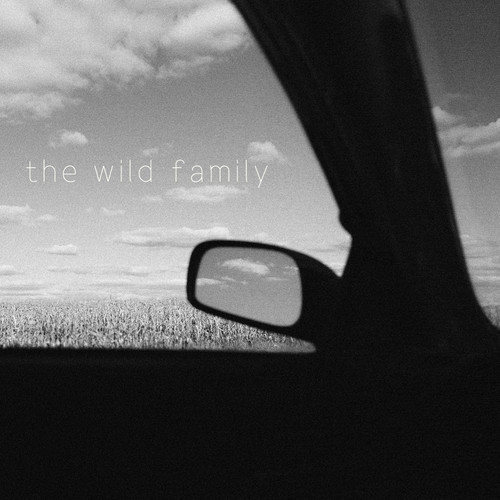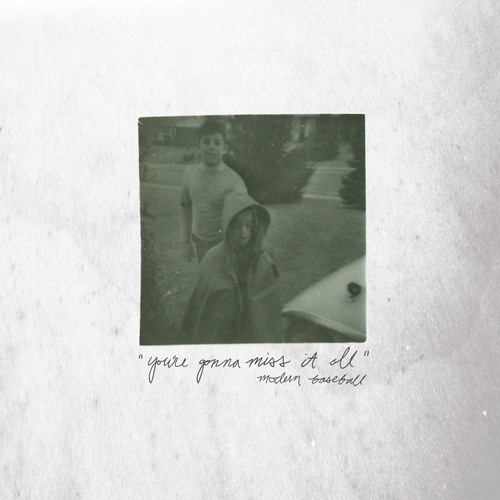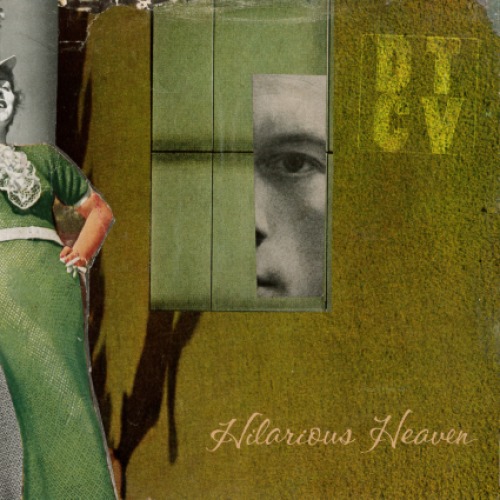 DTCV – Hilarious Heaven
DTCV – Hilarious Heaven





About halfway through Hilarious Heaven, DTCV’s (pronounced “detective”) quirky and exploratory debut release, the murky picture that the band had painted of itself up to that point began to take a more defined shape.
Heaven, which packs 26 songs into just over an hour, is the work of seasoned players who are pushing the boundaries of their comfort zones. The 11-minute track “How Not to Be”–a winding journey through dissonant horns and stuttering drums punctuated with flute-driven breaks–attests to this point precisely.
Following the old-timey, top-of-the-hour radio introduction to the record, listeners are treated with two back-to-back songs that act as introductions to each half of the songwriting duo whose sounds bookend the wide range of tonality explored on Hilarious Heaven.
Guylaine Vivarat shows her hand first on “I Was Where Were You,” enchanting us from the offing with a throaty vibrato that will bring a blush to any bearded cheek. Laid over buzzing, bubblegum guitar that’s infectious in a Dinosaur Jr. kind of way, Vivarat displays DTCV’s ability to write a solid, catchy number—and thus the weird depths of the album will be given a little more credit.
James Greer, former member of the eminently credible rock band Guided by Voices, steps in on “Improving Ground” to relieve his female counterpart. Tinged with melancholy plucked straight from the early ’80s and a melody informed by that era’s brand of lo-fi rock, Greer’s matter-of-fact vocal manner brings to mind the image of a more refined–and possibly British–Frank Black.
Though the collaborative efforts on Hilarious Heaven are apparent, both Vivarat and Greer seem to remain consistent within their own bubbles, rather than working as a cohesive duo.
That’s not to say that they don’t complement one another—DTCV’s instrumentation melds with a heavy post-punk bent that tends to keep the album flowing no matter which pilot is in the jump seat.
Proof of that sturdy meeting point between Vivarat and Greer are tracks like “Alpha Waves in a Gelatinous Conductor” and “Tiptoe,” which demonstrate that while DTCV generally does not settle into an easily definable genre, the musicians know how to handle themselves no matter where they land on the spectrum.
Esoteric sound clips, many of which are in French and seem to be “found sounds,” act as intermittent bridges between tracks. Opting for this feature seems to better seat DTCV at the strange and conceptual intersection of weirdness that asserts itself through a widely cast net of influences. It allows for some kind of loose subtext to be on continuous repeat in the background, but can at times serve as a distraction.
Hilarious Heaven can be digested as a cerebral outing that, while long-winded, is well arranged into components of differing sizes, providing the audience with a wide array of context for DTCV’s sound. On the other hand, the process of wading through the protracted record can sometimes leave the aftertaste of a makeshift product composed of more carelessness than consciousness. Still, overall listenability and an abundance of personality will likely leave listeners’ appetites satisfied.
DTCV – Hilarious Heaven tracklist:
- “Everything Is Cinema”
- “I Was Where Were You”
- “Improving Ground”
- “Sundial”
- “Cars Missing Vol. 1”
- “Ghostery”
- “Hyperdoxxing at Dowager Inn”
- “Impostor Horse”
- “How Not To Be”
- “J’irai pas”
- “Alpha Waves in a Gelatinous Conductor”
- “Electrostatic Inc.”
- “(cis)x”
- “Soulsville USA”
- “The Sickness”
- “Contre Jour”
- “Cars Missing Vol. 2”
- “Windsor Hum”
- “Gone 2 Quickly”
- “The Wild Party”
- “Creative Class Dismissed”
- “Hotspurs of Nicely Light”
- “Los Angeles Street”
- “Tiptoe”
- “Gone 1 Quickly”
- “Shut Up”
